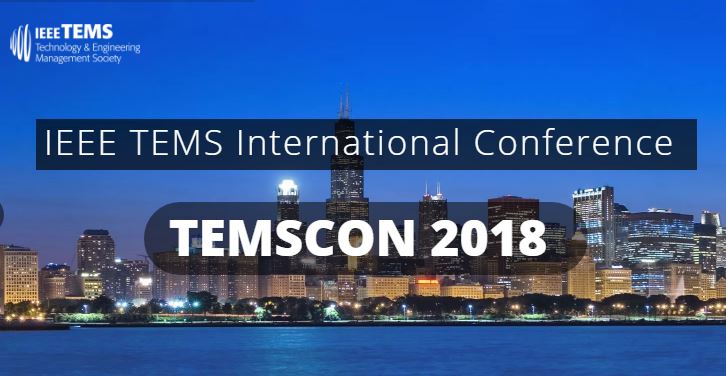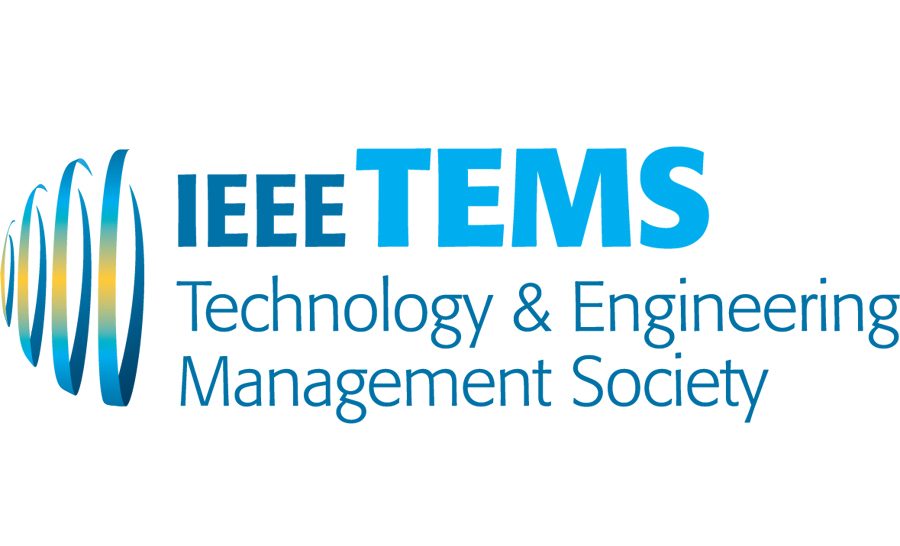Those of us who have worked in the field of automation and robotics realize that we are entering a new golden age. The original golden age of robots, from the 1970s and early 1980s, was due in large part to articulated arm robots that had limited functionality but were able to do repetitive tasks in an open loop fashion at relatively high speed and decent quality. They were also able to take on the dangerous tasks that would otherwise put humans in harm’s way. Companies like GM invested heavily only to find the returns were less than planned and they eventually backed out much of the 1970s era of automation while applying Lean techniques to more human based work settings. While this was generally a good thing for industry, it did displace a few workers and also create opportunities for technicians and engineers in the automation fields. We learned a lot from this first golden age.
Today’s robots are literally stepping out of the factories and into nearly every facet of society. These are complex adaptive systems with capabilities to interact with the environment around them and to solve problems in real time, not simply acting out a tightly choreographed script. These systems can interact with humans in a variety of ways. We now see automation in restaurants with order taking computers (Newark airport seemed to have a high density of this technology). We see robots taking our money at the tollways, filling our soda cups at McDonalds, dispensing cash at the ATMs and now filing our taxes for us and giving us financial advice (see https://www.betterment.com/). Most commercial aircraft today have nearly 100% of the flying process automated. Is there any industry that wont be affected by automation? For engineers, coding has been a lucrative field for many decades, what happens when coding itself is automated? Some of this is already happening in various environments. Autonomous driving may impact the millions of drivers who make their living by driving a vehicle. In the US alone there are 11 million registered heavy trucks.
Joseph Aoun, an MIT professor, in his recent book: “Robot Proof: Higher education in the age of artificial intelligence”, discusses many ways higher education (and hence all of us) can robot proof our future careers. He discusses some of the key elements that need to change in our approach to education, including:
- The need for lifelong learning. You will hear me mention this many times in and around the classroom. If our education effectively ends at 25 or 30 years of age, then what will become our personal “value proposition” to our employers? Will our knowledge and skills continually decline as the workplace demands more from us every day? The information world is exploding and we all have a duty to at least try to keep up, especially in our own fields of interest.
- The need to know how things work, both mechanically and electronically. Engineers are very well equipped for this type of knowledge.
- To understand coding and analytics, to understand what can be done and how insights can be derived in the digital world and how analytics can lead to false conclusions if one isn’t careful. At the intersection of #2 and #3 is the world of the internet of things. IOT promises to be one of the next trillion dollar industries combining sensor technology with communications and analytics.
- To understand people and how they think and how they work and operate. You can call it behavioral economics but it is much more than that. The field of behavioral economics is extremely fast moving and fascinating as some of the research seems to invalidate conventional wisdom and intuition. This field attempts to describe how humans are “predictably irrational” (reference Daniel Early’s recent book by the same name).
I suppose it is easy to catastrophize as has been done in the past. Rest assured as old jobs become obsolete new jobs get created. We all need to stay flexible and well trained to step into the new opportunities that are arising every day. Who would have thought that thousands of people make a living today by blogging? While others make a living developing and posting videos on Youtube? We will need to continually ask ourselves what value we can bring to the marketplace and how to best monetize this value. This is the essence of the entrepreneurial journey.










Add Comment